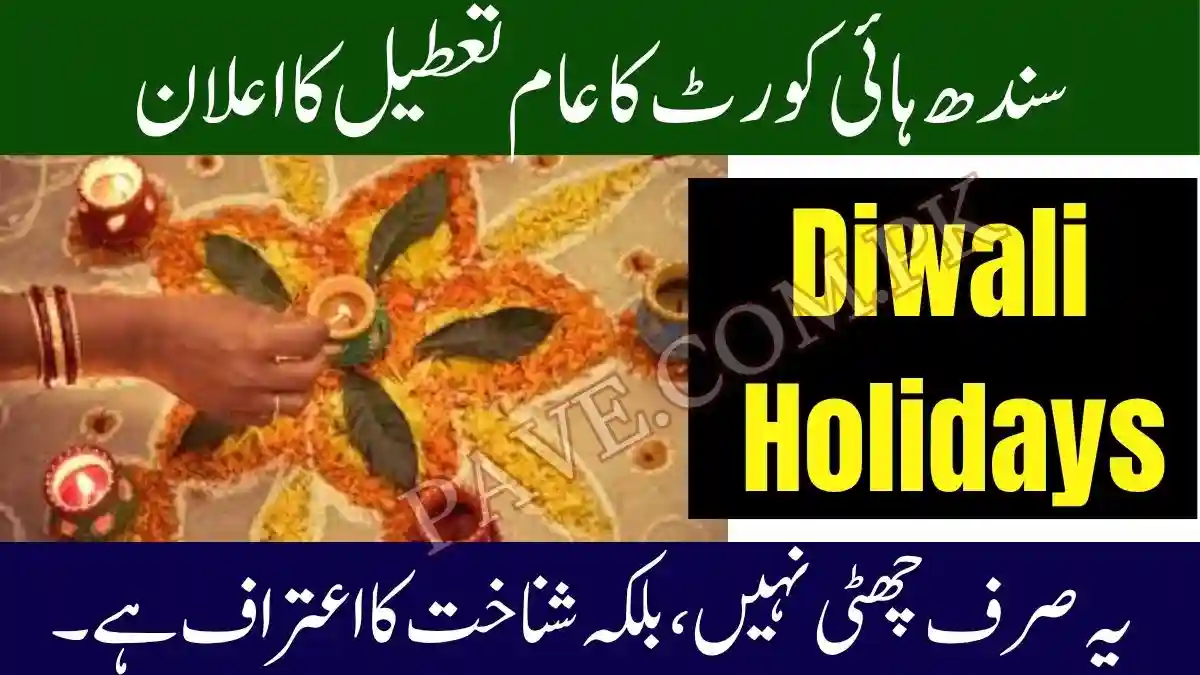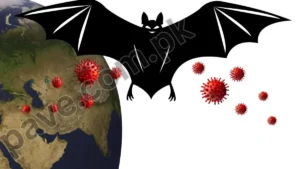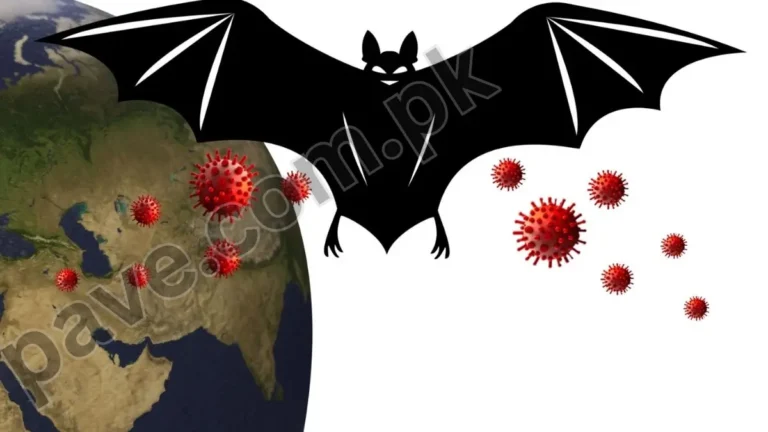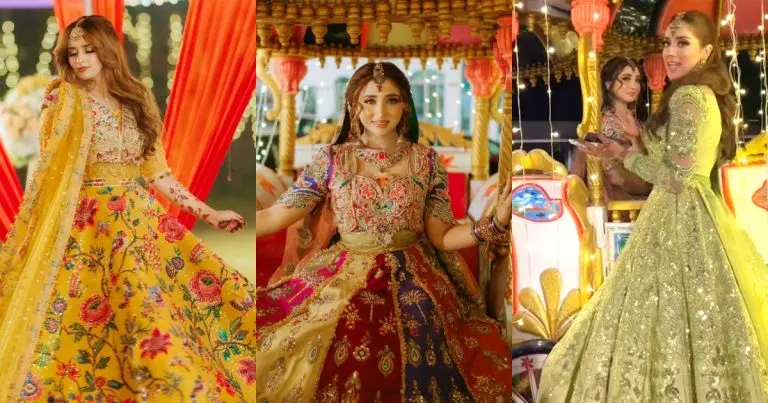Sindh High Court Announces Two-Day Diwali Holidays for Hindu Employees

In a significant move reflecting Pakistan’s commitment to religious diversity and constitutional rights, the Sindh High Court (SHC) has officially announced a two-day holiday for Hindu employees across all courts under its jurisdiction in connection with Diwali — the Festival of Lights.
According to the notification issued on Thursday, October 20 and 21 have been declared public holidays specifically for members of the Hindu community serving in the Sindh High Court, its circuit benches, district courts, tribunals, and special courts.
This decision is not only an administrative announcement — it also symbolizes Pakistan’s recognition of its religious minorities and the importance of preserving cultural traditions within a Muslim-majority state.
Dewali Holidays in Pakistan:
🌟 What Is Diwali?
Diwali, also known as Deepavali, is one of the most important religious festivals of Hinduism. The word Deepavali comes from Sanskrit, meaning “Row of Lamps.”
Celebrated over five days, Diwali marks the victory of light over darkness and good over evil. According to different regional traditions:
- In North India, it commemorates Lord Rama’s return to Ayodhya after defeating Ravana, as narrated in the epic Ramayana.
- In South India, it honors Lord Krishna’s victory over Narakasura.
- In Sikhism, it is associated with Bandi Chhor Divas, marking the release of Guru Hargobind Sahib Ji from imprisonment.
- In Jainism, it signifies the spiritual enlightenment of Lord Mahavira.
Despite differences in belief and practice, the core message remains universal — hope, renewal, gratitude, and inner awakening.
Read Also: Govt Officially Declares 9 November 2025 as Public Holiday for Iqbal Day
🎆 Who Celebrates Diwali in Pakistan?
Pakistan is home to over 4 million Hindus, with nearly 90% living in Sindh province, especially in Karachi, Hyderabad, Tharparkar, Umerkot, Mirpurkhas, and Ghotki.
However, Diwali is not just celebrated by Hindus alone. In many areas:
- Sikhs, Jains, and even some Muslim neighbors participate in lighting earthen lamps (diyas).
- Interfaith gatherings are held in temples where sweets are exchanged across communities.
- Government officials, diplomats, and educational institutions often attend Diwali functions to promote cultural harmony.
✅ Why Pakistan Gives a Holiday for Diwali
The Constitution of Pakistan, under Article 20, guarantees every citizen the right to practice and propagate their religion.
Over the years, the Government of Sindh, more than any other province, has been consistent in granting Diwali holidays to ensure Hindu staff can celebrate freely.
The SHC’s decision reinforces:
✔ Religious freedom under the Constitution
✔ Minority rights as per Quaid-e-Azam’s 11 August 1947 speech
✔ Promotion of interfaith harmony and social inclusion
It is worth noting that Pakistan also grants holidays for Eid, Ashura, Christmas, Easter, and Holi, making it one of the few Muslim-majority countries with an officially inclusive holiday calendar.
🕯️ How Pakistani Hindus Celebrate Diwali
Across Pakistan, Diwali is observed with traditional rituals and community gatherings.
Common Diwali Customs in Sindh & Punjab:
| Activity | Description |
|---|---|
| Lighting Diyas & Candles | Homes and temples are decorated with oil lamps to symbolize spiritual light. |
| Laxmi Puja | Special prayers are held to seek blessings for prosperity and peace. |
| Rangoli Art | Colorful floor patterns made using colored powders or flowers. |
| Sweets Distribution | Mithai like Ladoo, Barfi, and Pera are shared with neighbors. |
| Fireworks & Gatherings | Youngsters celebrate with firecrackers and cultural programs. |
Major temples such as Shri Laxmi Narayan Mandir (Karachi), Umerkot Shiv Mandir, and Hyderabad Kali Mata Mandir attract large crowds during the festival.
🏛️ Comparison — Diwali Holidays in Other Muslim or Regional Countries
| Country | Holiday Status |
|---|---|
| India | 🟢 National holiday |
| Nepal | 🟢 Multiple-day federal holiday |
| Sri Lanka | 🟢 Official public holiday (Deepavali) |
| United Arab Emirates (UAE) | 🟡 Private sector leave in many companies |
| Malaysia & Singapore | 🟢 Nationwide public holiday |
| Bangladesh | 🟡 Optional restricted holiday for Hindus |
| Pakistan | 🟡 Provincial & institutional-level holiday (Sindh only; federal departments may grant leave to Hindu staff) |
Pakistan’s model is unique, as holidays are granted to specific religious groups instead of nationwide shutdowns, allowing balance between minority rights and administrative continuity.
Read Also: Today Gold Price in Pakistan – 24K & 22K Rate Per Tola and Gram (Updated October 2025)
📣 Public Reaction & Minority Rights Perspective
Political leaders, activists, and citizens welcomed SHC’s move as a gesture of equality.
“Granting Diwali leave isn’t just a holiday — it’s recognition. It tells our Hindu brothers and sisters: you belong here.”
— Santosh Kumar, Hindu Rights Advocate, Hyderabad
“Pakistan is not just for Muslims. It is for all who call it home. Quaid-e-Azam said so — now institutions are living that promise.”
— Legal Scholar, Karachi
Social media also trended with hashtags:
#DiwaliInPakistan | #EqualityForAll | #SHCDecisionWelcomed
❓ FAQs — Diwali Holiday in Sindh 2025
1. Is Diwali 2025 a public holiday in Pakistan?
🟡 Not nationwide. But Sindh High Court has officially declared a two-day holiday for Hindu employees in all courts.
2. Do schools close on Diwali?
In Sindh, many schools with Hindu staff/students grant leave. Other provinces follow case-to-case policy.
3. Are banks & offices closed?
Only Hindu employees are given official leave in government institutions. Others will continue operations.
4. Can non-Hindus participate in Diwali celebrations?
✅ Absolutely. Diwali festivals in Pakistan often include guests from all communities.
5. What greetings should Muslims say to Hindu friends on Diwali?
You can say “Happy Diwali,” “Shubh Diwali,” or “Diwali Mubarak.”
🕊️ Conclusion — A Step Toward Inclusion
The Sindh High Court’s Diwali holiday announcement is more than an administrative circular — it is a statement of unity. In a world increasingly divided along religious and ethnic lines, Pakistan’s recognition of Diwali for its Hindu citizens sets an example of coexistence.
A holiday does not merely grant time off — it acknowledges identity, safeguards dignity, and builds bridges. As Pakistan continues its journey toward a more tolerant society, celebrating festivals like Diwali alongside Eid and Christmas will only strengthen national cohesion.










